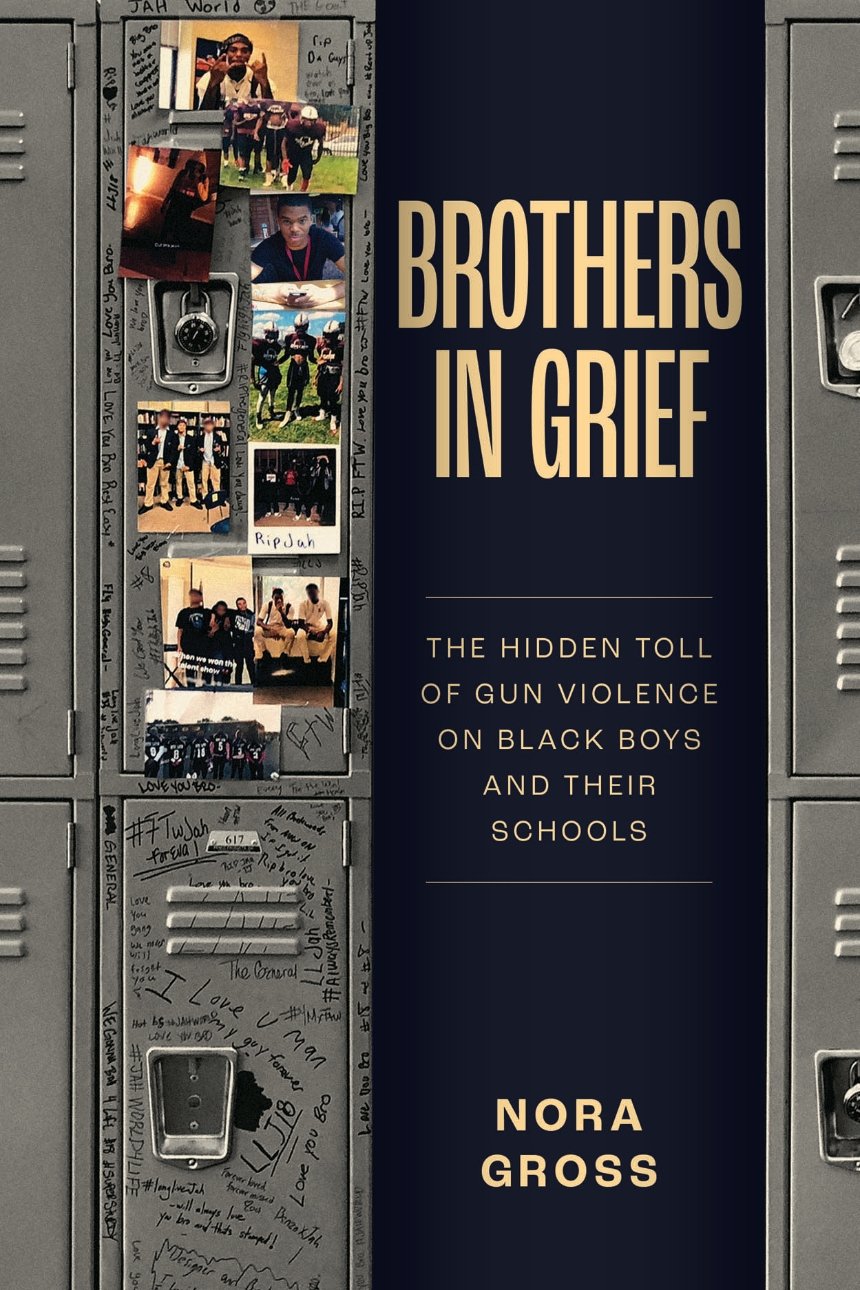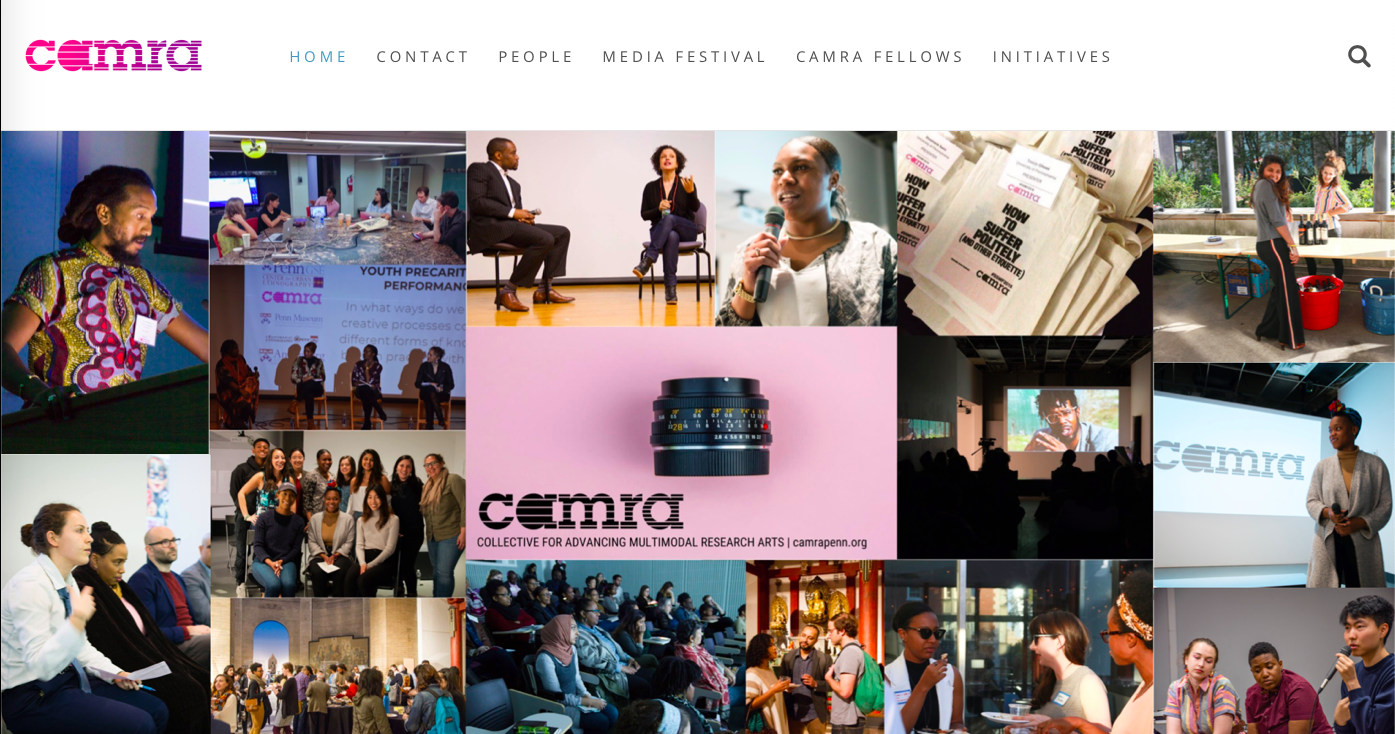In a period of increasing instability in so many young Americans’ lives, my research broadly asks how the emotional worlds and future trajectories of youth are shaped by the institutions they pass through and how they, in turn, shape those institutions. By using ethnography and qualitative methods that are attuned to the racialized, gendered, and classed expectations of these contexts, I have uncovered under-explored sources of educational and social inequalities as well as the foundations for youth agency, resistance, and activism.
My work sits at the intersection of the sociology of education, race and gender (masculinity) studies, urban sociology, and youth (digital) cultures. There are four strands of my current research agenda: 1) grief and the aftermath of neighborhood gun violence, 2) the racial politics of elite schooling amidst national affective polarization, 3) youth (digital) activism and emotional solidarity in the face of systemic harm, and 4) methodological interventions for inclusivity and care.
Grief and the Aftermath of Neighborhood Gun VIOLENCE
Brothers in Grief: The Hidden Toll of Gun Violence on Black Boys and Their Schools (University of Chicago Press, 2024) spotlights the neglected aftermath of neighborhood gun violence and its consequences for racial and educational equity. Drawing on two years of school observations, five years of social media observations, over 100 in-depth interviews with students and adults, and students’ school records at an all-boys, all-Black charter school in Philadelphia, I offer a three-stage analysis of the institutional management of grief in a school. I demonstrate that the school’s inability to fully recognize its students’ complex and long-lasting grief is reflective of larger misrecognitions of Black boys’ humanity and therefore the school system’s unpreparedness to wholly serve them. Brothers in Grief is the first school-based examination of grief’s long-term impacts for the secondary victims of urban gun violence, who are rarely accounted for in the quantification of gun violence devastation.
Publications resulting from this research:
Gross, Nora. 2024. Brothers in Grief: The Hidden Toll of Gun Violence on Black Boys and Their Schools. The University of Chicago Press.
Gross, Nora. 2025. "The Hidden Toll of Grief after Youth Gun Violence." Contexts 24(1): 34-39.
Gross, Nora. 2022. “#LongLiveDaGuys: Online Grief, Solidarity, and Emotional Freedom for Black Teenage Boys after the Gun Deaths of Friends.” Journal of Contemporary Ethnography 52(2): 261-289.
Clonan-Roy, Katherine, Nora Gross, and Charlotte Jacobs. 2021. “Safe Rebellious Places: The Value of Informal Spaces in Schools to Counter the Emotional Silencing of Youth of Color.” International Journal of Qualitative Studies in Education 34(4): 330-352.
Gross, Nora and Cassandra Lo. 2018. “Relational Teaching and Learning After Loss: Evidence from Black Adolescent Male Students and Their Teachers.” School Psychology Quarterly 33(3): 381-389.
Gross, Nora and Ina Kelleher. “Othersons and Othermothers: Evolving Kinship in Grief in the Aftermath of Youth Gun Violence.” Article in preparation.
Additionally, two films emerging this project as well as resources for schools, parents, and youth can be found here. The project has recently been covered by the Philadelphia Inquirer, Billy Penn, Omnia, Penn Arts & Sciences Magazine, Penn GSE News, and The Pennsylvania Gazette.
Racial Politics of Elite Schooling
In this project, my team and I are exploring the often covert feelings of adolescents who attend some of the country’s most elite private schools as these institutions increasingly train their focus on issues of diversity and inclusion and become public battlegrounds for the political debates of the moment. Though these schools are difficult to access and are rarely studied, they are crucially important sites for the transfer of power and the reproduction of privilege and social inequality. Given the resegregation of the U.S. school system, elite private schools may be some of the most diverse educational spaces as they bring together the children of the wealthy from all ideological corners, as well as, increasingly, the children of middle- and working-class families and families of color.
Our work to date has made use of original qualitative school climate survey data to answer questions about how students, especially white students, experience the racial and political contexts of their elite schools and the consequences for their social and identity development. The next phase of this project will be a multi-sited ethnography to examine how diverse students in elite schools understand and experience their institutions’ DEI initiatives in the context of the deepening national political polarization and a resurgence of open and violent white supremacy, and how the intersection of these two phenomena impacts adolescents’ education, peer relationships, and future trajectories.
Publications resulting from this research:
Gross, Nora, Ellen Bryer, Charlotte Jacobs, and Jarvis Goosby. 2024. “’Heated, Polarized, and Annoying’: The Characteristics and Consequences of Affective Polarization in Elite Schools.” Democracy and Education 32(2), 1-11.
Gross, Nora, Charlotte E. Jacobs, Rekha Marar & Adam Lewis. 2022. “‘This school is too diverse’: fragile feelings among white boys at elite independent schools.” Whiteness and Education 8(2), 193–211.
Gross, Nora. “Nurturing Specialness, Defining Difference, and Cultivating Colorblindness in an Elite All-Boys Elementary Classroom.” Invited book chapter in Fergus, Edward and Joseph D. Nelson (eds.), Boys’ School and Community Life in the United States (Routledge). Forthcoming. [Pre-publication chapter available upon request]
Youth (Digital) Activism and Emotional Solidarity
Understanding acts of youth resistance and emotional solidarity has been a latent area in much of my research. In the context of rising rates of gun violence across the country, impacted youth have built broad networks to support both their personal recovery and political resistance and legislative reform. A planned future project will investigate how some young people come to view their experiences of loss not simply as the source of personal grief, but as a political grievance demanding action (in contrast to youth like the ones in my book project who did not). I further ask, how do young people, once activated, build social networks with diverse peers to collectively navigate the complex and evolving conversations around gun violence in the U.S., including responses to police, neighborhood, and mass shootings?
Related publications:
Gross, Nora. 2022. “#LongLiveDaGuys: Online Grief, Solidarity, and Emotional Freedom for Black Teenage Boys after the Gun Deaths of Friends.” Journal of Contemporary Ethnography 52(2), 261-289.
Gross, Nora. 2017. “#IfTheyGunnedMeDown: The Double Consciousness of Black Youth in Response to Oppressive Media.” Souls: A Critical Journal of Black Politics, Culture, and Society 19(4): 416-437.
Clonan-Roy, Katherine, Nora Gross, and Charlotte Jacobs. 2021. “Safe Rebellious Places: The Value of Informal Spaces in Schools to Counter the Emotional Silencing of Youth of Color.” International Journal of Qualitative Studies in Education 34(4): 330-352.
Methodological Interventions for Inclusivity and Care
The book’s website includes a teaching guide and video of our Feb. 2022 book launch event.
My co-edited methods text, Care-Based Methodologies: Reimagining Qualitative Research with Youth in U.S. Schools, is out now with Bloomsbury Academic Press. The book offers concrete advice for conducting research, particularly with vulnerable populations, that centers transparency, reflexivity, reciprocity, curiosity, consent, and care.
Article/chapter-length publications about methods:
Gross, Nora. “A ‘Friend’ or an ‘Experiment’?: The Paradox of Ethnographic Relationships with Youth.” In Care-Based Methodologies: Reimagining Qualitative Research with Youth in U.S. Schools (pgs. 133-145).
Gross, Nora. “’I’m Like Tony Soprano and You’re My Therapist’: The Therapeutic Possibilities of Research Interviews with Adolescent Black Boys.” Article in preparation.
Vasudevan, Veena, Nora Gross, and Pavithra Nagarajan. “Researching from Liminal Spaces: The Practice of Care in School-Based Ethnography with Youth of Color.” Article in preparation.
In addition to my explicit methodological interventions, my multimodal research also offers an inherent interrogation into what counts as research, who gets to produce knowledge, and how we tell other people’s stories. You can find examples of my participatory and experimental documentary film work at the link below.






